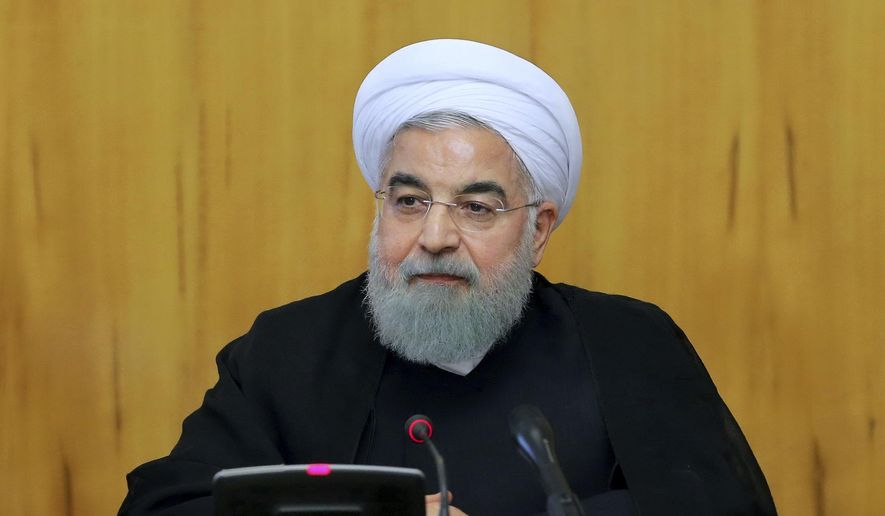Tehran is soliciting German defense firms to support its ballistic missile program, in an attempt to sidestep harsh international sanctions designed to prevent Iran from obtaining such weaponry.
German intelligence officials have put the country’s weapons makers on notice regarding possible support for the missile program, reminding defense firms that sales of specific rocket and missile technology to Iran is in direct violation of standing restrictions on such support, Reuters reported Thursday.
“It is important to note that Iran continues to pursue an ambitious rocket and missile technology program which is not affected by the sanctions relief,” a document drafted by Germany’s intelligence directorate, known as the Federal Intelligence Service, stated.
In the past, Iran has been able to skirt international sanctions by procuring parts and supplies for its ballistic missile program via a plethora of front companies in Turkey, the United Arab Emirates and China, Reuters reports.
German officials felt the warning to the country’s defense industry firms was necessary, amid confusion as to what kinds of material support could be provided to Tehran, in the wake of the landmark Obama-era nuclear deal.
The Trump administration is widely expected to announce plans to decertify the nuclear pact, which allowed for greater oversight into Iran’s nuclear enrichment programs in exchange for eased political and economic sanctions, on Friday.
SEE ALSO: Donald Trump’s decision on Iran nuclear deal brings uncertainty
The White House argues that transparency measures included in the deal do not provide enough visibility into Iran’s nuclear activities.
Administration officials also argue the deal has emboldened Tehran, spurring on continued pursuit of ballistic missile technology, as well as its ongoing support for extremist groups such as Hezbollah and its proxy wars in Yemen, Syria and Iraq.
Recertification of the deal signed by the U.S., Britain, Germany and France, along with Russia and China, the nuclear deal officially known as the known formally as the Joint Comprehensive Plan of Action or JPCoA, is due to Congress on Oct. 15.
While decertification would not result in the U.S. withdrawal from the landmark agreement, it would open the door for Congress to reinstitute harsh sanctions against Iran, a move Tehran has stridently opposed.
• Carlo Muñoz can be reached at cmunoz@washingtontimes.com.




Please read our comment policy before commenting.